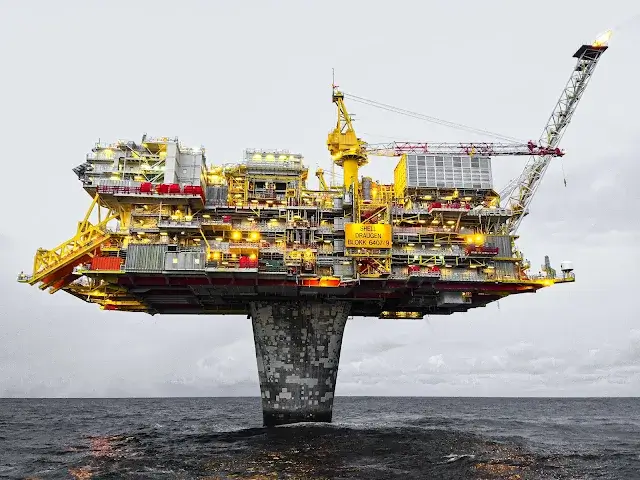Oil and gas insurance is a specialized form of coverage designed to address the unique risks and challenges faced by the energy sector. This industry involves high-risk operations that can lead to significant financial losses, making robust insurance coverage essential. In this article, we will explore what oil and gas insurance entails and how businesses in the sector can benefit from it.
What is Oil and Gas Insurance?
Oil and gas insurance provides comprehensive coverage for companies involved in the exploration, extraction, production, and distribution of oil and gas. The policies are tailored to protect against various risks, including property damage, environmental liability, and operational disruptions. Key types of coverage include:
- Property Insurance: Covers physical assets such as drilling rigs, production facilities, and pipelines against damage from events like fires, explosions, and natural disasters.
- Liability Insurance: Protects against legal liabilities arising from accidents, environmental damage, or injuries to third parties.
- Business Interruption Insurance: Compensates for lost income and additional expenses incurred due to operational disruptions.
- Control of Well Insurance: Covers the costs associated with regaining control of a well that has experienced a blowout or other uncontrolled event.
- Cargo Insurance: Ensures the safe transport of oil and gas products by covering potential losses during transit.
Importance of Oil and Gas Insurance
The oil and gas industry is fraught with risks that can lead to substantial financial losses. Here’s why insurance is indispensable for this sector:
- Risk Mitigation: Operations involve high-risk activities that can lead to significant losses. Insurance mitigates these risks by providing financial protection.
- Regulatory Compliance: Many jurisdictions require oil and gas companies to carry specific insurance coverages to operate legally.
- Financial Stability: Insurance helps maintain financial stability by covering unexpected expenses and losses, ensuring that businesses can continue operations.
- Environmental Protection: Environmental liability coverage ensures that companies can address the costs of cleaning up spills and mitigating environmental damage.
Benefits of Oil and Gas Insurance
- Comprehensive Coverage: Protects against a wide range of risks, from property damage to legal liabilities, ensuring that businesses are safeguarded from various threats.
- Peace of Mind: Knowing that potential losses are covered allows businesses to focus on their core operations without undue concern about unforeseen events.
- Cost Savings: By covering significant losses and expenses, insurance can save businesses from substantial financial burdens that could impact their bottom line.
- Enhanced Reputation: Having comprehensive insurance demonstrates a commitment to risk management and environmental responsibility, enhancing the company’s reputation with stakeholders.
How to Benefit from Oil and Gas Insurance
To fully benefit from oil and gas insurance, companies should consider the following steps:
- Assess Risks: Conduct a thorough risk assessment to identify potential threats and vulnerabilities in your operations. This will help determine the types and levels of coverage needed.
- Tailor Coverage: Work with an experienced insurance broker to customize policies that meet the specific needs of your business. This ensures that you are adequately covered for all potential risks.
- Regular Reviews: Regularly review and update your insurance policies to reflect changes in your operations, regulatory requirements, and emerging risks.
- Implement Risk Management Practices: Complement your insurance coverage with robust risk management practices to minimize the likelihood of claims and reduce premiums.
- Stay Informed: Keep abreast of industry trends and changes in insurance regulations to ensure ongoing compliance and optimal coverage.
Conclusion
Oil and gasinsurance is a critical component of risk management for businesses in the energy sector. By providing comprehensive coverage against a wide range of risks, it ensures financial stability and operational continuity. Companies can maximize the benefits of their insurance policies by conducting thorough risk assessments, tailoring their coverage, and implementing effective risk management practices. Investing in the right oil and gas insurance not only protects against potential losses but also enhances a company’s reputation and long-term viability.
